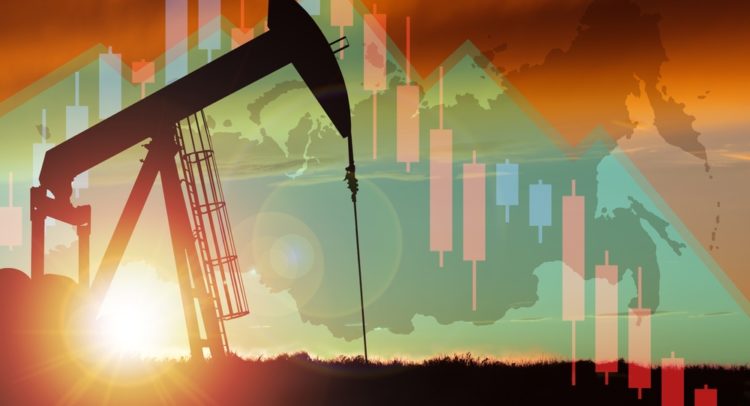Linde Plc ((LIN)) has held its Q3 earnings call. Read on for the main highlights of the call.
Elevate Your Investing Strategy:
- Take advantage of TipRanks Premium at 50% off! Unlock powerful investing tools, advanced data, and expert analyst insights to help you invest with confidence.
Linde Plc’s recent earnings call presented a mixed sentiment, reflecting both optimism and caution. The company reported significant achievements in earnings per share (EPS) and cash flow growth, alongside a robust backlog. However, these positive aspects were counterbalanced by challenges in the macroeconomic environment, particularly in Europe and the chemicals sector. While the electronics and manufacturing segments showed strong performance, industrial volumes remained flat, highlighting the complex landscape Linde navigates.
EPS and Cash Flow Growth
Linde reported a 7% increase in earnings per share, reaching $4.21, and an 8% rise in operating cash flow, generating $1.7 billion in free cash flow. This financial growth underscores the company’s ability to generate substantial shareholder value despite external pressures.
Resilient Backlog
The company’s backlog remains strong at $10 billion, which secures long-term EPS growth and enhances network density. This resilience in backlog is a positive indicator for Linde’s future financial health and operational stability.
Electronics Segment Growth
The electronics segment experienced a 9% sales growth, driven by high-end chip production in Korea, Taiwan, and the U.S. Additional growth was noted from Taiwan through a non-consolidated joint venture, marking electronics as a key growth area for Linde.
Record Backlog in Sale of Gas
Linde’s sale of gas backlog reached a record level, with expectations to maintain a ‘7 handle’ by the year’s end, despite initiating $1 billion in projects. This record backlog reflects strong demand and operational success.
Strong Performance in Manufacturing
Manufacturing grew by 3% year-on-year, with notable volume growth in the United States and strong momentum in the commercial space business. This growth highlights Linde’s robust performance in the manufacturing sector.
Challenging Macroeconomic Environment
Despite positive financial metrics, Linde faces a challenging macroeconomic environment that affects industrial end markets. This challenge underscores the need for strategic agility in navigating economic headwinds.
European Industrial Activity Weakness
Europe presents broad-based demand challenges, with continued softness in manufacturing activity and weak industrial demand. This regional weakness is a significant concern for Linde’s operations.
Chemicals and Energy Sector Challenges
The chemicals and energy sectors saw only a 1% increase, driven by inflationary price increases, while base volumes declined. This sector’s performance highlights ongoing challenges in achieving growth.
Helium and Rare Gases Price Pressure
Price pressure from excess supply is affecting helium and rare gases, particularly in the APAC region. This pricing challenge impacts Linde’s overall revenue from these products.
Volume Challenges in Industrial End Markets
Overall industrial volumes remained flat, with weaker base volumes primarily driven by European industrial customers. This stagnation in volume growth is a critical area of concern.
Forward-Looking Guidance
Linde’s forward-looking guidance projects a 3% to 6% EPS growth for the fourth quarter, with full-year guidance reflecting a 5% to 6% increase. Despite macroeconomic challenges, Linde remains focused on productivity, efficiency, and disciplined capital management to continue generating shareholder value.
In conclusion, Linde’s earnings call highlighted a mix of strong financial performance and ongoing challenges. The company’s growth in EPS, cash flow, and specific segments like electronics and manufacturing is promising. However, macroeconomic and regional challenges, particularly in Europe, present hurdles that Linde must navigate. Overall, Linde’s strategic focus on efficiency and capital management positions it well for future growth, despite the complex economic landscape.
















